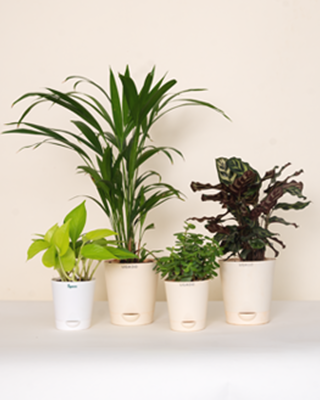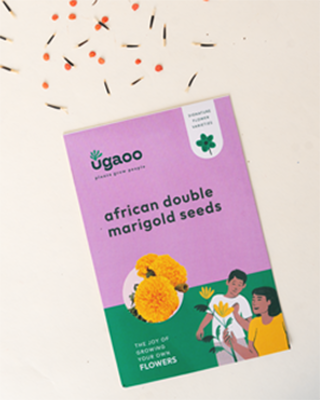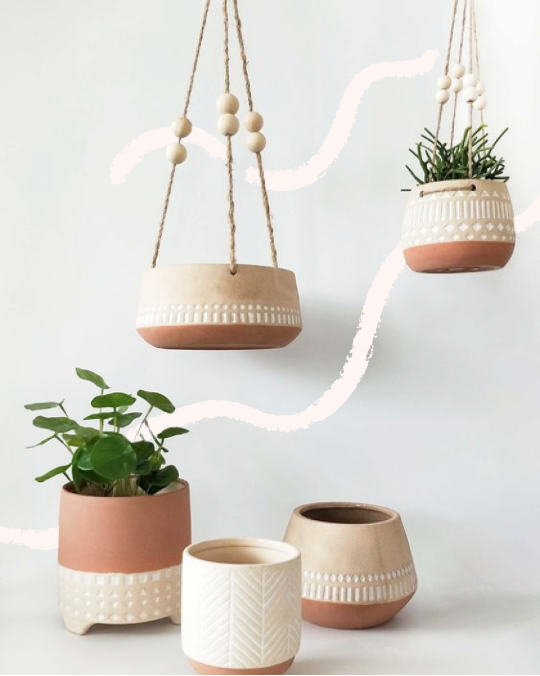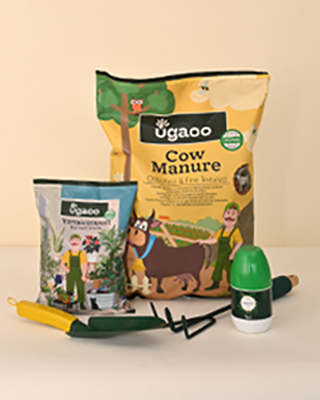Dill is classified as an annual that features feathery leaves and clusters of tiny yellow-green flowers. It grows up to a tentative height of 4 ft (1.2 m). Its leaves and seeds have a mild anise flavor and are used to spice up sauces, soups, pickles and various cuisines. Dill is prominently used in North European and Scandinavian countries. Note that both Dill and Fennel are similar in appearance and hence avoid planting them close to each other. If planted too close they might cross-pollinate and lead to produce odd hybrids.

How to grow Dill?
Seeds:
Dill hates to be transplanted. Hence start it by sowing seeds in a moist, fertile site. Choose a sunny location. Buy Dill (Suwa) Seeds Online
Containers:
Since dill plant has comparatively deep taproots, select a container or pot with minimum depth of 12 inches and width & length of your choice.

Sowing & Spacing:
Make very shallow holes (1 cm) with your finger throughout the surface of the soil at distance of 6 x 6 inches apart. Sow 2-3 seeds per hole & cover it with a thin layer of soil.

Sow seeds directly into the ground in the mid spring and then every couple of weeks until mid-winter. Thin the seedlings about 6 inches (15 cms) apart.

Sunlight:
Dill can grow well under full sunlight in winters; it can also be grown under partial sunlight (3-4 hours) in home gardens. Place your container accordingly.

Water:
Dill is susceptible to bolting, mainly in hot weather, hence do not leave it dry and water it regularly. Learn Rain Water Harvesting Techniques to water plants regularly.

Harvesting and Storing Dill Leaves
About 50-60 days after sowing, Dill leaves can be harvested by cutting the mature stems using a scissor and leaving the fleshy base of the plant for the next harvest. This way you can harvest for 4-5 times in intervals of 25-30 days.
Pick the young leaves regularly and delay the plants from flowering. Since the leaves of Dill wither away in a day or two try and use it soon after harvesting. Even if you store in the refrigerator, the withering process cannot be delayed. But you can freeze it for future use.

If you wish to collect the seeds, then wait for the flowers to turn brown. Cut their heads and turn them upside down on paper. Once the seeds fall you can store them.

If you do not remove the flower heads, then there is a chance that the plant may self-seed in the following year.













